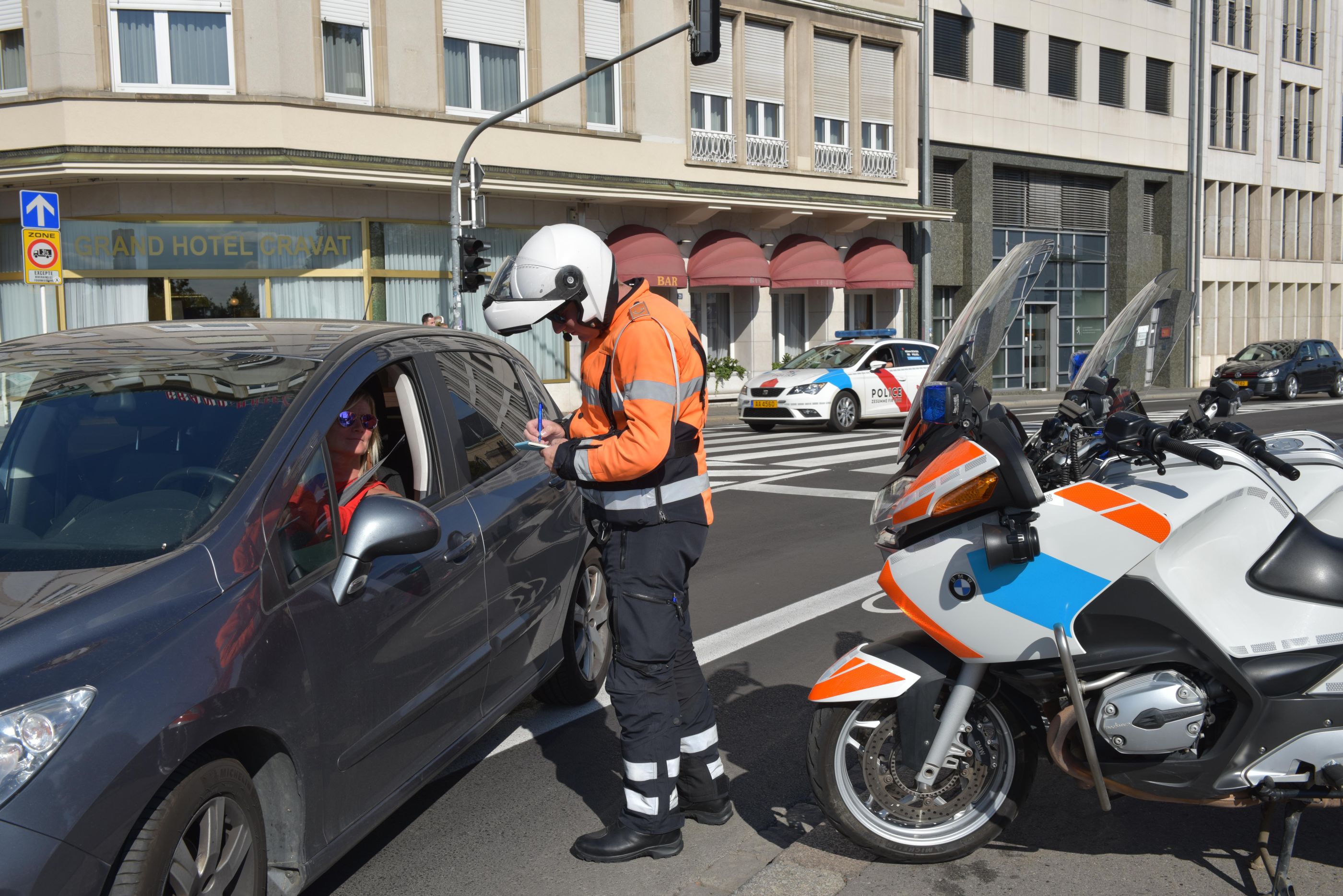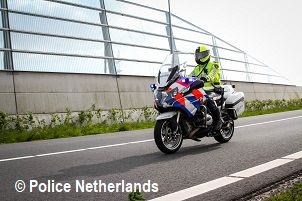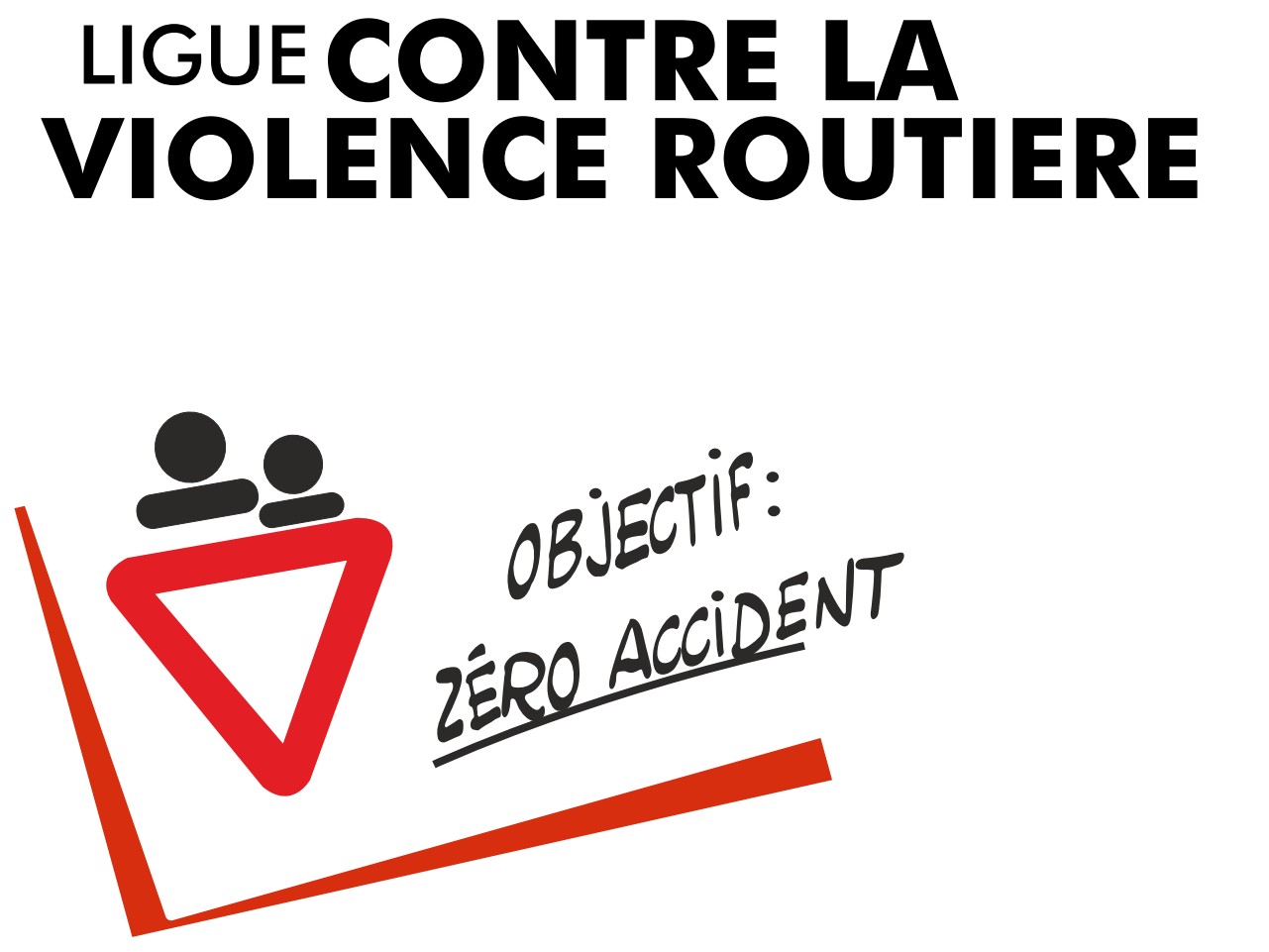EU Moves A Step Towards Digital Driving
Licence, End Of Offender Impunity
 EU will be the first region in the world with a digital driving licence that works across borders. PHOTO: POLICE.LU17 DEC - The European Union moved a step forward to ensure safer road traffic across Europe in the future years.
EU will be the first region in the world with a digital driving licence that works across borders. PHOTO: POLICE.LU17 DEC - The European Union moved a step forward to ensure safer road traffic across Europe in the future years.
This came as European Council adopted its common positions on two Commission proposals forming part of the so-called ‘road safety’ legislative packages regarding the driving licences and the cross-border exchange of information on road-safety-related traffic offences.
Directive
The Commission’s proposal aims to improve road safety and to facilitate the free movement of citizens within the EU. The proposal introduces four main new elements in the current regime: a European scheme for novice drivers allowing for accompanied driving after obtaining a licence at the age of 17, stricter conditions for novice drivers during their first 2 years (or more depending on member state rules) of driving, a mobile driving licence as part of the European digital identity wallet and the use of self-assessments as a filter towards medical examination of the driver’s fitness.
Position
The general thrust of the Commission’s proposal was retained in the Council’s common position with several changes. Among them was to maintain voluntary the shortening of validity periods for driving licences of older people and to draw a clearer outline of the screening of the physical and mental fitness to drive prior to the issuance and renewal of driving licences, based on different systems developed in the member states. The Council called on the Commission and the Parliament to align the technical elements for mobile driving licences with the revision of the digital identity (eIDAS) regulation and better connect the adoption of implementing acts and member states’ obligation on implementation. The Council also required a refinement of the requirements for the accompanying person in the accompanied driving scheme which will be compulsory only for category B licence. Another point is the reformulation of the conditions for the probationary period in view of member states’ competences and established practices.
Cooperation
The Council drew its notes on the Directive on cross-border exchange of information on road-safety-related traffic offences as well. The proposal of the Commission aimed to ensure that non-resident drivers respect the traffic rules when driving in other member states. Аccording to the Commission, in 2019 some 40% of cross-border offences were committed with impunity, either because the offender was not identified or because the payment was not enforced. The Council approved of the proposal requiring several amendments. Among them is the clarifying the roles and responsibilities of the national contact points and the competent authorities. To the now covered speeding and drink-driving, the Commission proposed to expand the scope of traffic offences covered to also not keeping sufficient distance from the vehicle in front, dangerous overtaking, dangerous parking, crossing one or more solid white lines, wrong-way driving, not respecting rules on the use of emergency corridors and the use of an overloaded vehicle. Now the Council required the addition of not respecting vehicle access restrictions or rules at a railway level-crossing as well as hit-and-run cases. The Council also calls for further clarification of the different procedures related to accessing vehicle registration data and the different options for competent authorities to ask mutual assistance with a view to making sure that the concerned person is identified, that the traffic offence notice arrives to the right place and to better enforce road traffic fines.
 Oscar PuenteShift
Oscar PuenteShift
„This is a paradigm shift for the driving licences regime in Europe. Together with strengthening mechanisms for mutual assistance between Member States to facilitate the identification of the concerned person and the enforcement of fines the new legislation will improve safety on European motorways and guarantee safer residential areas across the EU“, said Óscar Puente, Spanish minister of transport and sustainable mobility and current president of the Council's “Transport, Telecommunications and Energy” configuration.
The process now moves on to the next step - talks with the European Parliament (‘trilogues’) on the proposed legislative files.











